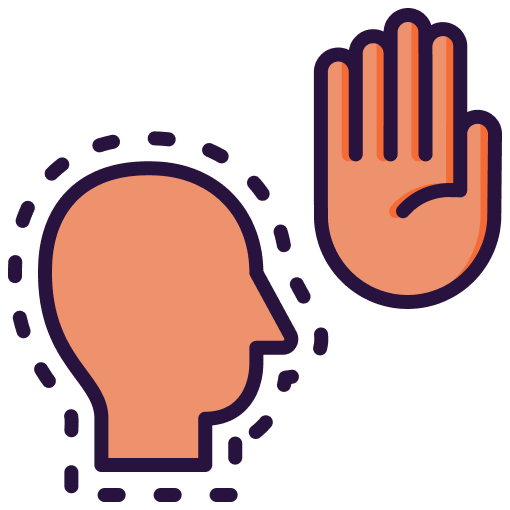Personality Disorders
Understanding, Treatment & Support
What are Personality Disorders?
Cluster A (Odd or Eccentric)
Cluster B (Dramatic, Emotional, or Erratic)
Cluster C (Anxious or Fearful)
Symptoms of Personality Disorders

Relationship Difficulties
Struggles to maintain stable relationships due to emotional instability, mistrust, or intense reactions.

Inflexible Thinking
Rigid thought patterns make it hard to adapt to new situations or resolve conflicts.

Distorted Self-Image
Challenges with self-identity, often leading to confusion about personal values or goals.

Impulsive Behavior
Difficulty controlling urges, leading to risky decisions or emotional outbursts.

Fear of Abandonment
An intense need for reassurance or approval, often fearing rejection or abandonment.

Chronic Emptiness
Persistent feelings of dissatisfaction or emotional void, regardless of external circumstances.
Treatment for Personality Disorders
Psychotherapy (Talk Therapy)

IFS (Internal Family Systems)
IFS helps individuals explore the different “parts” of themselves that may be in conflict or contributing to disruptive behaviors. By healing wounded parts, individuals can experience greater emotional balance and inner harmony.

EMDR
EMDR is particularly useful for individuals who have experienced trauma that exacerbates symptoms of personality disorders. It helps process and heal traumatic memories, leading to emotional regulation and relief.

DBT
DBT is especially effective for those struggling with borderline personality disorder. It focuses on helping individuals regulate emotions, tolerate distress, and improve interpersonal effectiveness.

CBT
CBT assists in identifying and challenging distorted thought patterns that contribute to harmful behaviors or emotional instability, fostering positive behavioral changes.

ACT
ACT encourages accepting difficult emotions rather than avoiding them. It promotes psychological flexibility and helps individuals align their actions with core values.
Medication Management
While psychotherapy is the foundation of treatment, some individuals may benefit from medication to manage specific symptoms such as anxiety, depression, or impulsivity. Collaborating with a psychiatrist or primary care provider can ensure a comprehensive treatment plan that addresses both therapeutic and medicinal needs.
Lifestyle Changes and Self-Care

Regular Sleep Patterns
Establish a consistent sleep routine to improve mood stability and emotional regulation.

Mindfulness Practices
Incorporate meditation or deep breathing exercises to reduce stress and promote emotional balance.

Physical Activity
Engage in regular exercise to boost mood, reduce anxiety, and improve overall mental health.

Support Network
Build a strong circle of friends and family to offer understanding and encouragement.

Healthy Boundaries
Set clear boundaries in relationships to protect emotional well-being and prevent overwhelm.

